
- Home
- Why you should start every Tuesday with a Talking Taco
Why you should start every Tuesday with a Talking Taco
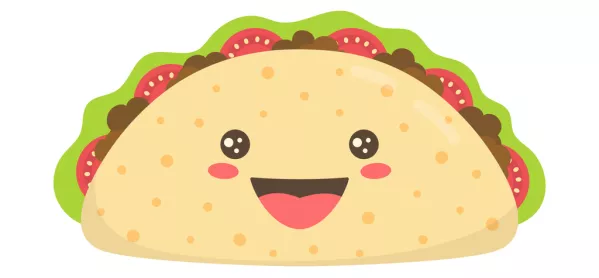
There is no sound like the hum of students chatting.
They have an innate desire to chat and share their news - often at the most inconvenient of times, from a teacher’s point of view.
But rather than quashing this desire, I decided to turn it into something productive.
And to do this I turned to my love of Mexican food and created Talking Taco Tuesdays.
What is a Talking Taco?
A Talking Taco is simply a time for students to converse.
While it is not revolutionary, by allocating time to a Talking Taco, students and teachers are more likely to gain rich learning conversation opportunities than in day-to-day lessons.
It also means students can practise the art of conversation, debate, disagreement and sharing without the threat of an answer or idea being “wrong”. Instead it is about the process of conversation itself.
How to begin?
The first time you do this, leave one taco on each of your students’ chairs overnight (from then on, a simple taco-shaped task card will suffice). These can be laminated and used multiple times.
Inside leave a note saying something like: “Hi, I’m a Talking TACO. I want you to talk to a partner. What would you like to talk about?”
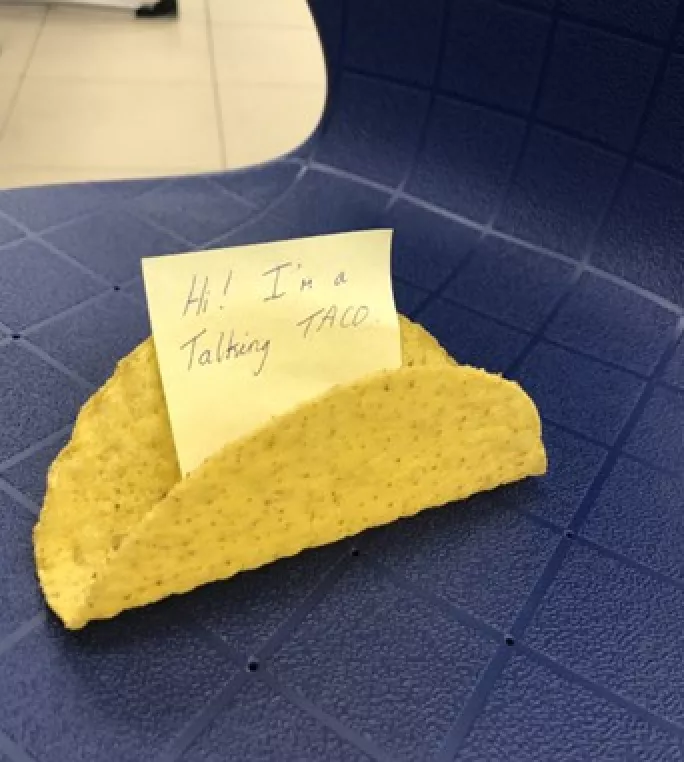
Students are immediately intrigued from the outset. You can then discuss with the students what TACO stands for.
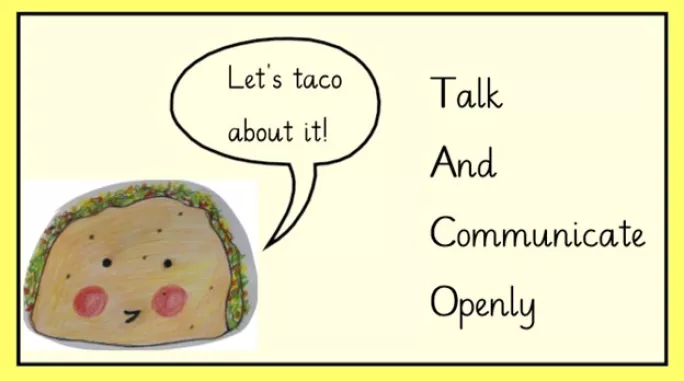
Listening skills
A Talking Taco is founded on the idea that students talk to each other but they also listen to each other.
Students should also discuss the various ways we communicate, to make sure it is an inclusive experience for everyone. If teaching in a blended learning model, it’s important to include distance-learning students at every step of the way.
How does it work?
Once a week, allocate Talking Taco time in your timetable. In this time, students will use a Talking Taco to stimulate conversation with a peer or a wider group. In my classroom, this is a 15-minute slot during registration on a Tuesday.
Here are some good ways to help get interesting, creative and stimulating conversations going:
1. Taco partners
Give each student an inanimate object written on their Taco and ask them to find their Taco partner by finding their matching object (a student with the word “fork” is looking for the student with the word “knife”, for example).
While the objective here might seem basic, the aim is to push students to discuss whether their words match. “Fork” and “table” may seem like an initial match as they are both found in a kitchen. However, if the student with “fork” is approached by the student with knife, then they will have to discuss which is a better match and why.
This matching activity can also be used to pair students with different students each time. Asking students to discuss a day in the life of their object is also a worthwhile conversation starter.
2. Taco conver-stations
Students discuss their chosen topic in groups of four to six. When the allocated time is up, two students from each group rotate allowing for a constantly evolving group dynamic.
3. Taco doughball
Students begin to discuss the given topic in a pair. After a set amount of time, this pair joins another pair, where they share their ideas. This group of four then join another group of four. This process repeats until the students are taking part in a whole-class discussion.
4. Taco roll the dice
In pairs, students roll a dice that then gives them a number to a correlating question. Examples include: “What makes you happy?” “You have just found a new island where you will start a new society. What is the first rule you will establish and why?Or, would you decide to have no rules?” “Where and when do you not mind waiting?”
When planning a Talking Taco, never forget the most valuable and creative asset you have - the students. Often the questions the students formulate themselves will stimulate fantastic classroom discussion.
5. Taco recipe box
Station a recipe box in your classroom that students can use to suggest topics for discussion. Direct students to the recipe box to find a topic for discussion during Talking Taco time.
What is the teacher’s role?
The teacher’s role is to give the students a focus by providing sentence stems or a question matrix for students to formulate their own questions for discussion.
However, during Talking Taco time, the objective is for students to converse openly with their peers and to develop the skills and behaviours necessary to do so.
It’s important, therefore, that the teacher stays out of the discussion so students know they are speaking and listening to each other and not the teacher.
Of course, the teacher can keep a Taco tracker to note things such as: Who are the students leading the conversation and who are those that need more encouragement? Who spoke the most? What were the types of discussions that were had?
This can lead to the development of personalised Talking Taco goals, either based on the conversations themselves or the behaviours associated with maintaining a conversation.
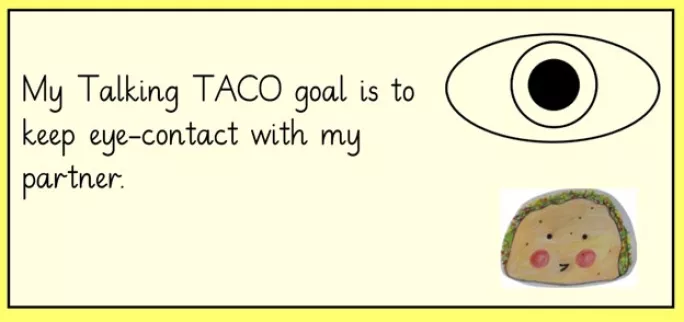
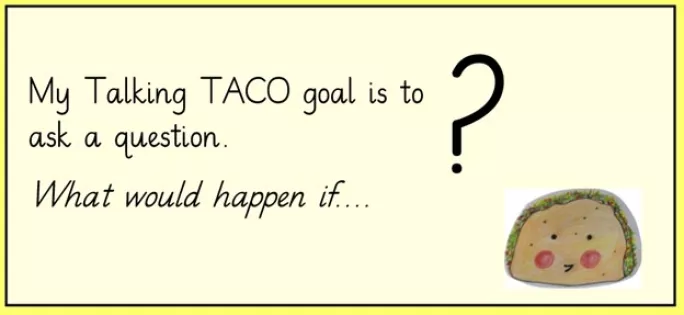
Implementing Talking Taco has breathed new life into registration time on a Tuesday in my classroom. When the shackles of a lesson are removed, student conversations are truly fascinating.
Whether it be a student recounting their day in the life of a shoe (a treat for the senses) or a debate on whether they would rather be a grain of sand in the desert or a drop of water in the ocean, you will never cease to be amazed.
Niall Crowley is head of Year 2 at Deira International School, Dubai. He is currently undertaking a master’s in educational leadership and management with the University of Bath
Register with Tes and you can read five free articles every month, plus you'll have access to our range of award-winning newsletters.
Keep reading for just £4.90 per month
You've reached your limit of free articles this month. Subscribe for £4.90 per month for three months and get:
- Unlimited access to all Tes magazine content
- Exclusive subscriber-only stories
- Award-winning email newsletters
You've reached your limit of free articles this month. Subscribe for £4.90 per month for three months and get:
- Unlimited access to all Tes magazine content
- Exclusive subscriber-only stories
- Award-winning email newsletters

